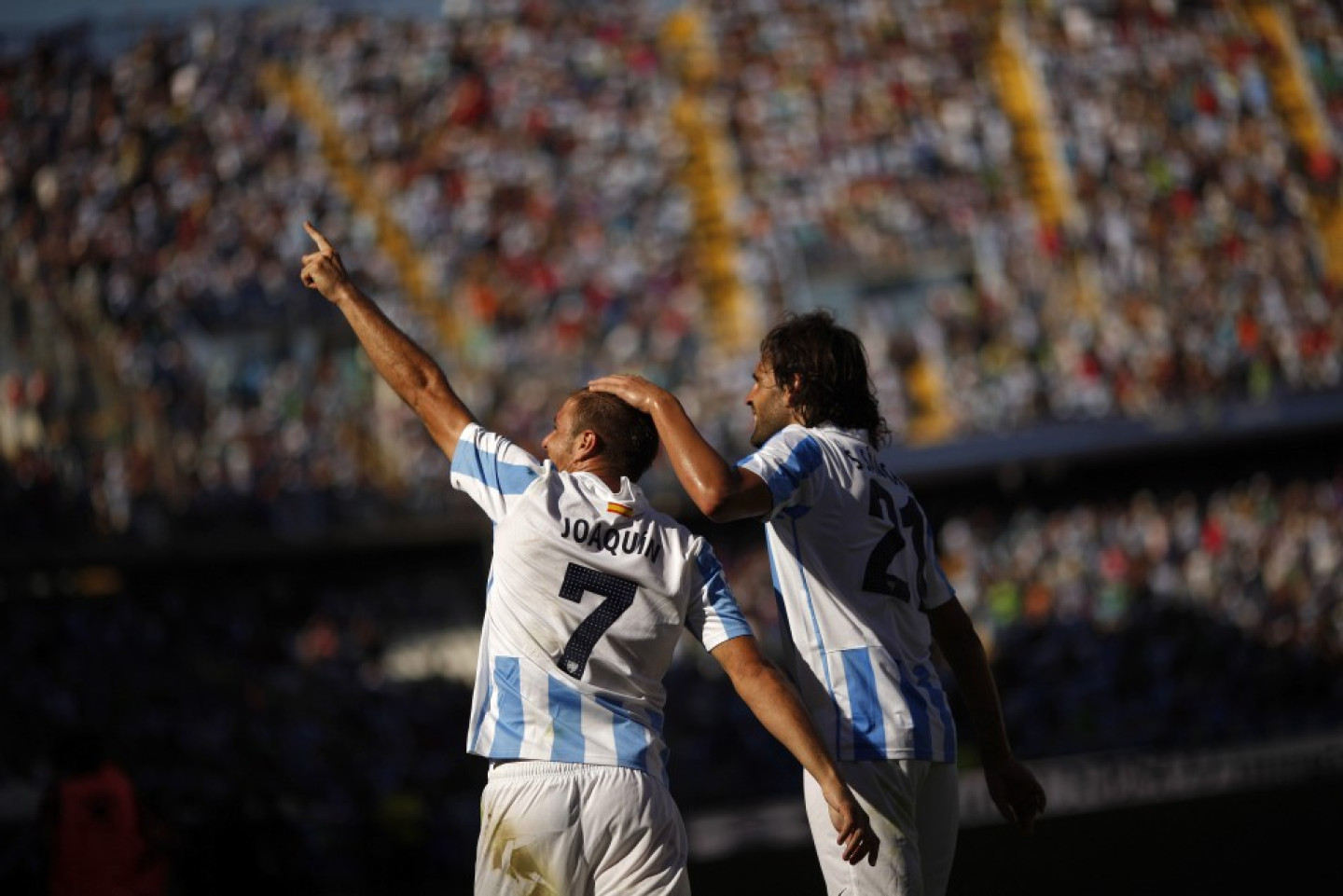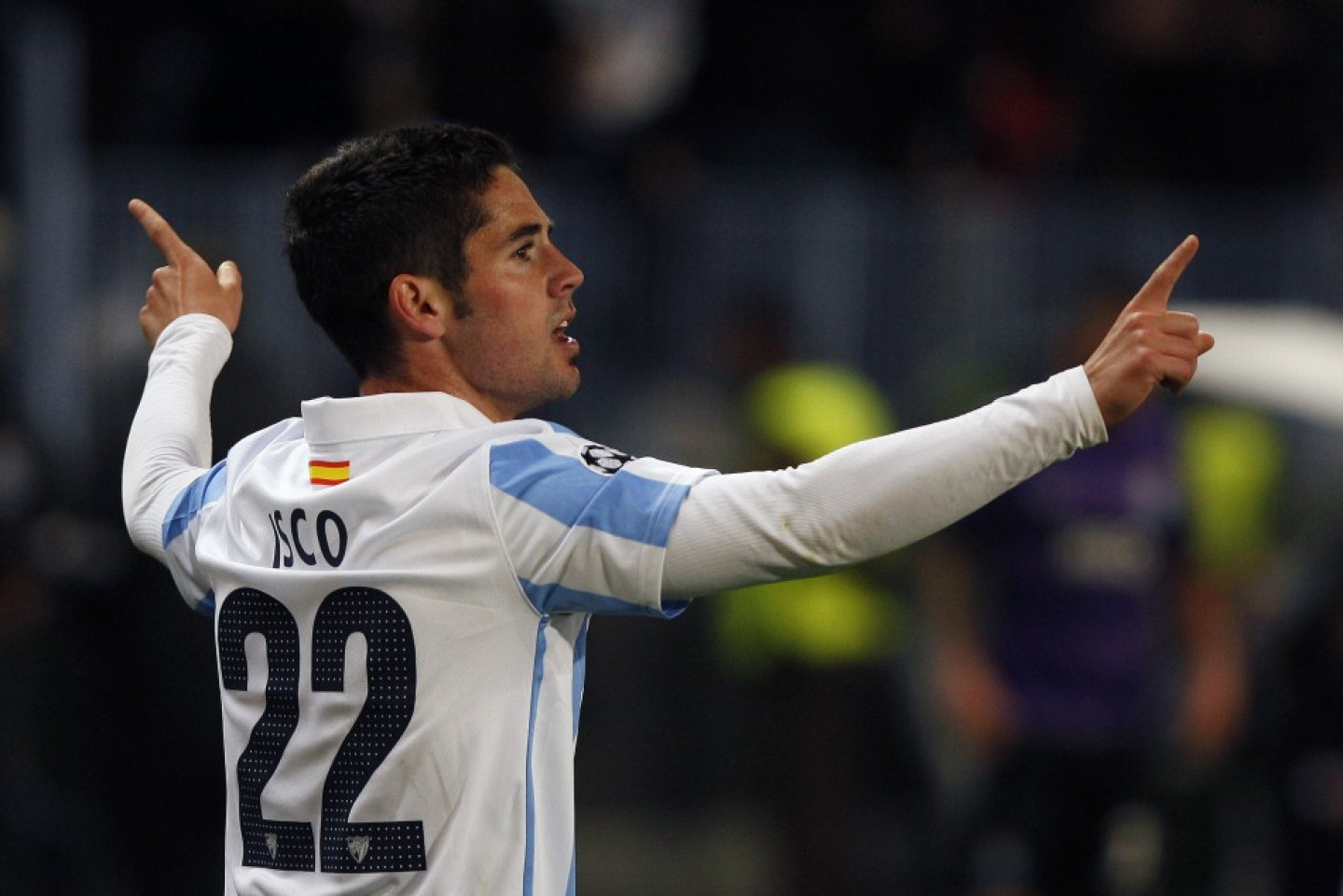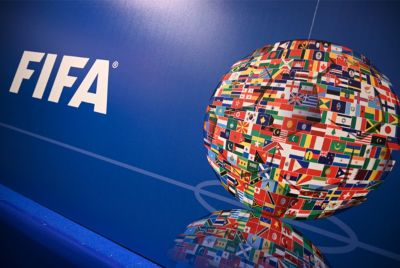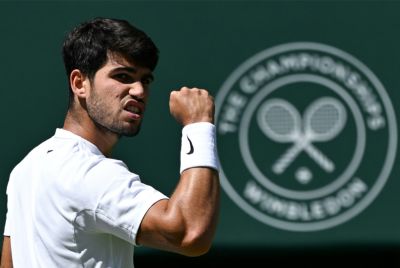A New Dawn For Malaga? La Liga's Once Aspiring Contenders Consider Their Next Move
Facing a ban from European competition and having been stripped of the players they had hoped would lift them to a new level, What does the future hold for Malaga CF?

The news of Julio Baptista reaching a mutual agreement to leave Malaga and return to Brazil to join Cruzeiro was never likely to be one of the more defining transfers of the summer, but the sight of the artist formally known as 'The Beast' leaving the Andalucian club could indicate the end of what was supposed to be a prosperous period for the capricious Spanish outfit.
The former Brazilian international, who you may recall scored an unforgettable four goals against Liverpool at Anfield during his otherwise forgettable loan spell at Arsenal in 2007, is the last notable name to leave the Malaga project. Three names bought to the club after their 2010 take over remain, with Spain Under-21 international Ignacio Camacho the most notable of the bunch, while the outgoing list includes a moderate blend of past, present and future talent.
After reclaiming their place in the Primera división in 2008, the traditionally modest Malaga were subject to a bid from Sheikh Abdullah Bin Nassar Al-Thani, a member of the Qatari royal family following the 2009/10 season. After purchasing a majority stake in the club Al-Thani's mandate was to "help Malaga take the necessary steps to consolidate its presence in La Liga and to reinforce the excitement and hopes of the supports."
Given Spain's draconian deals regarding television rights that scandalously favour Real Madrid and Barcelona, Malaga, nor any other club with the desire to crack the top four could afford to wait around to be handed money by the league's powers at be. The summer of 2010 saw the club spend a moderate £22m, bringing the likes of the imposing Argentine Martin Demichelis to La Rosaleda from Bayern Munich, the aforementioned Baptista and the man who still marshals their goal in Willy Caballero.
Having survived relegation to the Segunda Division the previous season by a mere point that £22m outlay resulted in the club finishing the 2010/11 campaign in 11<sup>th.
With their top flight status intact and renewed ambition reverberating around the club, Malaga were now prepared to roll up their sleeves and continue their efforts to climb up the table. The summer of 2011 saw the club add Jeremy Toulalan, Nacho Monreal, Isco, Diego Buonanotte, Ruud van Nistelrooy, Joaquin and Santi Cazorla to their blossoming ranks as the club spent £52.1m on transfers. That figure eclipsed the £48.4m spent by Barcelona on incoming business that summer and was within a few pounds of the £52.8m Real Madrid strengthened their squad with, according to records gathered by Transfer Markt.

The fact that Malaga secured perhaps their two biggest signings that season in Isco and Joaquin from Valencia - a club who have previously struggled to balance admirable ambition with financial responsibility - perhaps should have been indicative of what lay ahead for the Andalucian club. Those concerns waned - albeit momentarily - when Malaga sealed a spot in the Champions League for the first time in their history at the end of the 2011/12 campaign. Al-Thani had completed one stage of his grand project within just two years of his arrival.
Disarray soon descended upon the club after their fourth placed finish during a time in which even the perennially composed Manuel Pellegrini was flustered by mounting troubles off the pitch. While the majority of Malaga's transfer dealings could be seen as shrewd business - experienced internationals in Demichelis and Toulalan arriving for a combined fee just over £12m, what could go wrong? - the financial burden of their squad began to take a severe toll.
Wages went unpaid while Spanish tax authorities and clubs owned money from previous transfer deals were left waiting as the threat of being exiled from the European competition they fought so hard to get into loomed amid reports of a staggering debt of €90m. Al Thani was often a hard man to find at this time, and questions of whether he still had the heart, or indeed the wallet, for the project rang out.
Standing on the precipice of ruin, action was eventually taken. Santi Cazorla, the club's record signing was sold to Arsenal at a loss of £4m for the Spanish club, and was joined in north London by Nacho Monreal six months later. Their top scorer during that wonderful 2011/12 campaign in Salomon Rondon was also sold to the highest bidder in Russian outfit Rubin Kazan as the club hungrily gathered £36m in transfer fees.
It would be just enough to survive, but couldn't evade European football's governing body. The the club were hit with a two year ban that was later reduced to one from European competition in December 2012 for their financial misgivings, as UEFA began their attempts to crack down on clubs spending colossally beyond their means.

Pellegrini's side were allowed to continue in last year's Champions League as a the club progressed to the quarter finals of the competition under a remarkable juxtaposition of circumstances, before being dismissed in cruel fashion by Borussia Dortmund, perhaps the only team neutral fans had become more besotted with than Malaga during the European campaign.
After finishing in sixth place last season, Malaga appealed against their European ban only to have the decision upheld by the Court of Arbitration for Sport. In a circumstance that grimly defines the financial dishevelment that runs riot across the Spanish top flight, Malaga's Europa League spot should have been handed to Rayo Vallecano, who finished their campaign in eighth.
Vallecano themselves also saw their own appeal to participate in the competition turned away by the CAS because of their outstanding debts, with the final Europa League place eventually being handed to ninth place Sevilla. European competition had likely been the last thing on the minds of those in charge at Sevilla during this time as they themselves were forced to sell a number of their influential players for combined fees of over £50m to ensure their house is in order ahead of the new season. Malaga's monetary woes are hardly an isolated case.
Malaga's story will be met by sympathy by some, while others will stoically inform them of the old adage 'you reap what you sow'. Should the club have been more aware of the pitfalls that threaten to consume foreign club ownership? Or can the club be blamed for daring to contest the rampant duopoly that engulfs the Spanish top flight?
The last of Malaga's own collection of 'Galacticos' have left the club this summer. 32-year-old Demichelis has joined Atletico Madrid, Joaquin will try his hand at life in Serie A with Fiorentina, Jeremy Toulalan has joined forces with the latest sleeping giant to flex their muscles in Monaco while the former jewel of the Malaga crown is preparing to etch his name into Real Madrid folklore.
This is by no means the end of Malaga, but this summer does see one of the most momentous periods in the club's history reach a cross roads. Given their European ban and with little or no money to play with this summer, new manager Bernd Schuster will be faced with a seemingly impossible task of luring new talent to a club who have a history of leaving their players unpaid. Names that have such resonance with Spanish football such as Cazorla, Joaquin and Isco endured a brief stay at the club but have moved on. Malaga will be looking to take the same course of action.
© Copyright IBTimes 2025. All rights reserved.






















